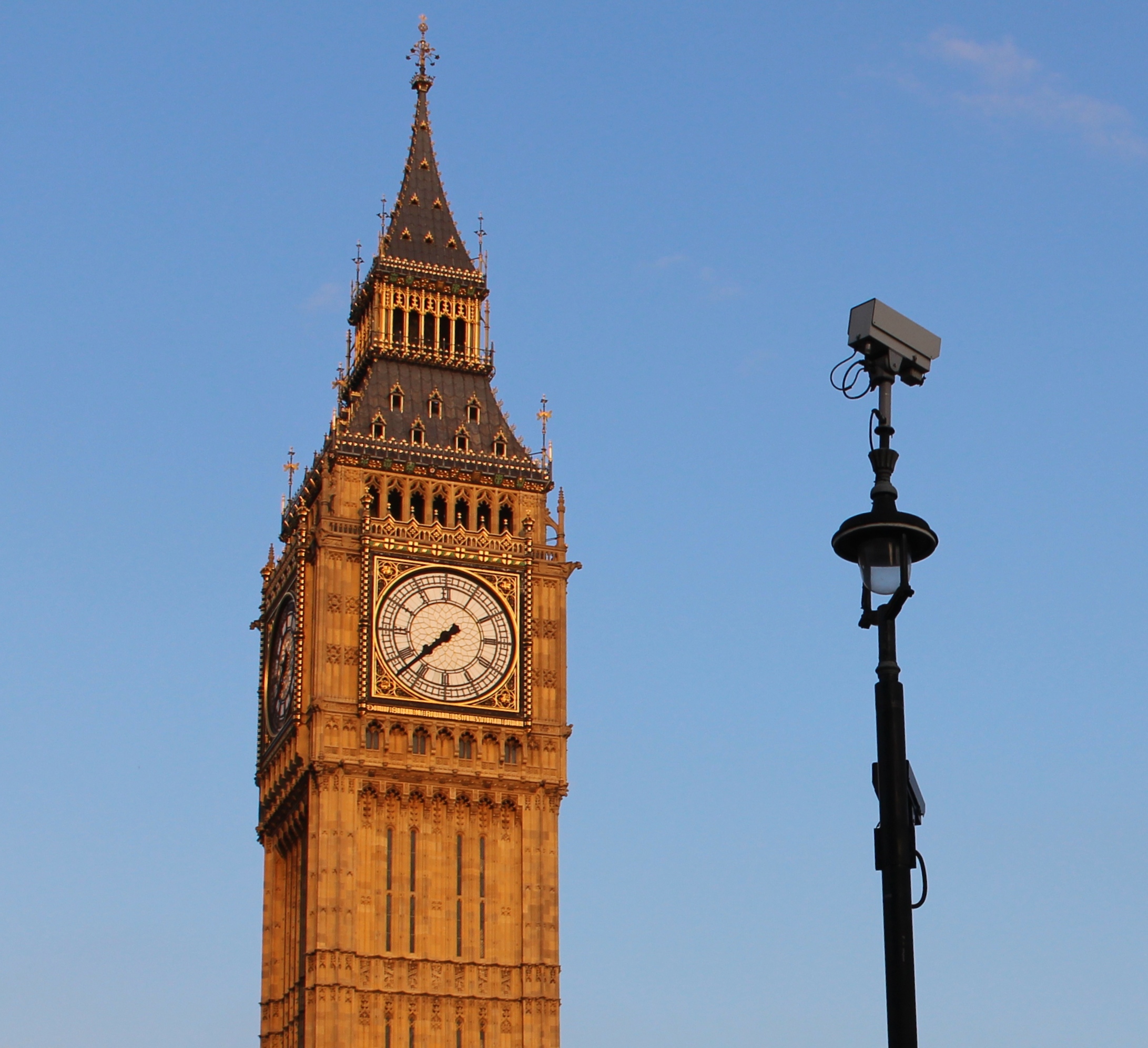Under the leadership of Prime Minister Keir Starmer, the United Kingdom appears to be spiraling into a dystopian reality reminiscent of George Orwell's "1984". The once-proud bastion of free speech and democratic values is now witnessing an alarming clampdown on individual opinions, where expressing dissent or holding views contrary to the government narrative can lead to imprisonment. This transformation paints a grim picture of a nation where the thought police are no longer a fictional caution but a chilling reality.
A New Era of Censorship:
Since Starmer's rise to power, there have been numerous instances where individuals have faced legal repercussions for voicing opinions:
Social Media Witch Hunts: Activists on platforms like X have been arrested for tweets criticizing government policies, with new interpretations of hate speech laws leading to convictions for what was previously considered protected speech.
Protest and Punishment: Peaceful protests against government decisions, from immigration policies to environmental regulations, have resulted in arrests under vague charges like "public nuisance" or "incitement to hatred", terms so broadly defined they encompass any form of public dissent.
The Rise of the "Non-Crime Hate Incident": Police forces across the UK have been recording opinions as "non-crime hate incidents", creating a database of individuals whose views are deemed offensive by someone, effectively chilling free speech.
The Erosion of Judicial Independence:
Under Starmer's rule, the judiciary seems to be aligning more closely with government policy:
Biased Judiciary: Judges have been criticized for handing down sentences that appear to punish political dissent rather than genuine criminal acts. This has led to accusations of a compromised legal system where the rule of law is supplanted by the rule of the ruling party.
Legislation for Control: New laws have been enacted or reinterpreted to give authorities unprecedented powers to monitor, detain, and prosecute based on speech, painting a picture of a government more interested in controlling narratives than upholding freedom.

The Chill on Academic Freedom:
Universities, traditionally a haven for free thought, are now under scrutiny:
Academic Censorship: Scholars are self-censoring or facing disciplinary action for research or teachings that challenge government orthodoxy, particularly on sensitive topics like race, gender, or economic policy.
Funding and Fear: The threat of losing government funding has led to a culture where academic institutions prioritize conformity over critical inquiry, reminiscent of Orwell's Ministry of Truth.
Public Opinion and Surveillance:
The state's control extends into everyday life:
Surveillance State: With expanded surveillance capabilities under the guise of security, the line between protecting citizens and spying on them has blurred, echoing Orwell's concept of Big Brother watching over every citizen.
Suppression of Dissent: Public opinion polls showing dissatisfaction with government policies are either ignored or met with increased legislative measures to silence critics, creating a society where dissent is not just discouraged but penalized.
The International Reaction:
Britain's shift towards authoritarianism has not gone unnoticed:
Criticism from Allies: Nations traditionally allied with the UK have expressed concern over what they see as a backsliding in democratic values, with some even questioning the UK's commitment to international human rights standards.
A Warning to Others: Starmer's Britain serves as a cautionary tale for democracies worldwide, showing how quickly freedoms can be eroded under the pretext of public safety or moral righteousness.
Conclusion:
The UK under Keir Starmer has, in many ways, become a living embodiment of Orwell's fears. The country, once a symbol of liberty, now grapples with a government that seems more intent on controlling thought than fostering a free society. While some might argue these measures are necessary in contemporary society, the trend is clear: Britain is moving towards a state where having an opinion can be a crime. If this trajectory continues, the UK might well serve as a case study in how democracies can morph into Orwellian states, where freedom is not just under threat but is actively being dismantled.
